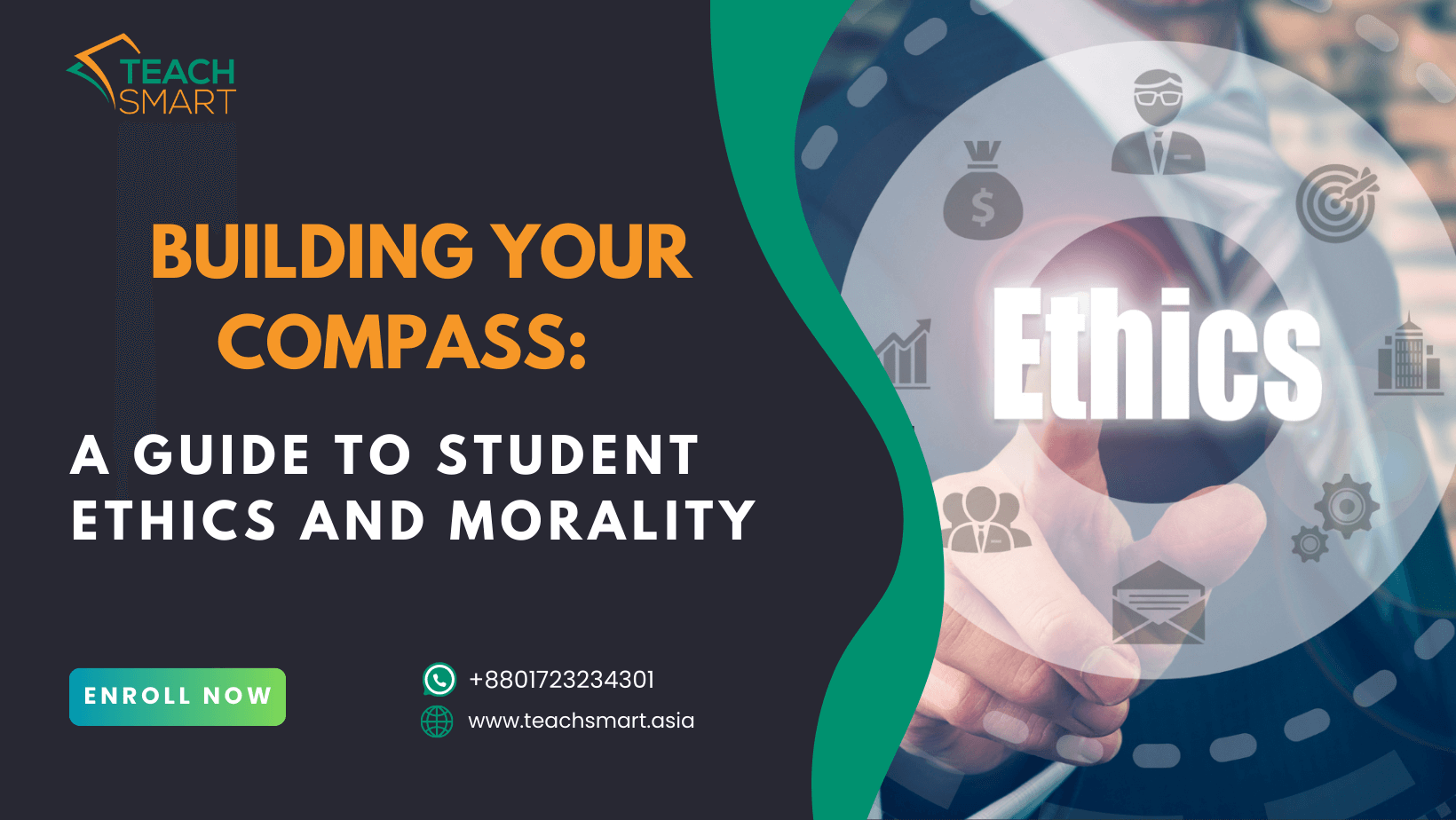
About Course
Brief on Morality and Ethics:
Morality and ethics are fundamental aspects of human behavior and societal interaction. Morality refers to principles concerning the distinction between right and wrong or good and bad behavior, while ethics deals with the study of moral principles or values governing individual or group behavior. Both concepts are crucial for guiding individuals in making decisions and actions that align with societal norms, personal values, and the greater good.
How We Teach Them:
At TeachSmart, we approach teaching morality and ethics through interactive and engaging methods that encourage critical thinking, reflection, and discussion. Our curriculum combines theoretical frameworks with real-life scenarios, case studies, role-playing exercises, and group activities to provide students with practical tools for ethical decision-making.
Through our lessons, students learn about different ethical theories, moral principles, and value systems that shape human behavior. We encourage students to explore their own beliefs, values, and biases while also considering diverse perspectives and cultural contexts. By fostering open dialogue and debate, we create a supportive learning environment where students can develop their ethical reasoning skills and enhance their moral awareness.
Why Should We Learn It:
Learning about morality and ethics is essential for several reasons:
- Personal Development: Understanding morality and ethics helps individuals develop a strong sense of integrity, empathy, and responsibility. It empowers them to make ethical choices that contribute positively to their personal growth and well-being.
- Social Cohesion: Morality and ethics provide the foundation for building harmonious relationships and cohesive communities. By adhering to shared moral values and ethical standards, individuals can foster trust, cooperation, and mutual respect within society.
- Professional Success: In various fields, such as business, law, healthcare, and education, ethical conduct is highly valued. Students who possess strong ethical reasoning skills are better equipped to navigate ethical dilemmas, uphold professional standards, and earn the trust and respect of their peers and colleagues.
- Global Citizenship: In an interconnected world, understanding diverse ethical perspectives and respecting cultural differences is essential for promoting tolerance, inclusivity, and global peace. Students who are ethically literate are better prepared to engage with complex ethical issues on a local and global scale.
What Will Students Learn:
Through our program, students will learn:
- Critical Thinking: How to analyze moral dilemmas, evaluate ethical principles, and consider the consequences of their actions.
- Values Clarification: How to identify and articulate their personal values and beliefs, as well as respect the values of others.
- Conflict Resolution: Strategies for resolving ethical conflicts and navigating disagreements in a constructive manner.
- Empathy and Compassion: The importance of understanding and empathizing with the perspectives and experiences of others.
- Ethical Leadership: Skills for exercising ethical leadership and promoting ethical behavior within their communities and beyond.
Ultimately, our program aims to empower students to become ethical leaders and responsible citizens who contribute positively to society and uphold the principles of justice, fairness, and integrity. Through building their moral compass, students embark on a journey of self-discovery, ethical growth, and lifelong learning.
Student Ratings & Reviews

No Review Yet


